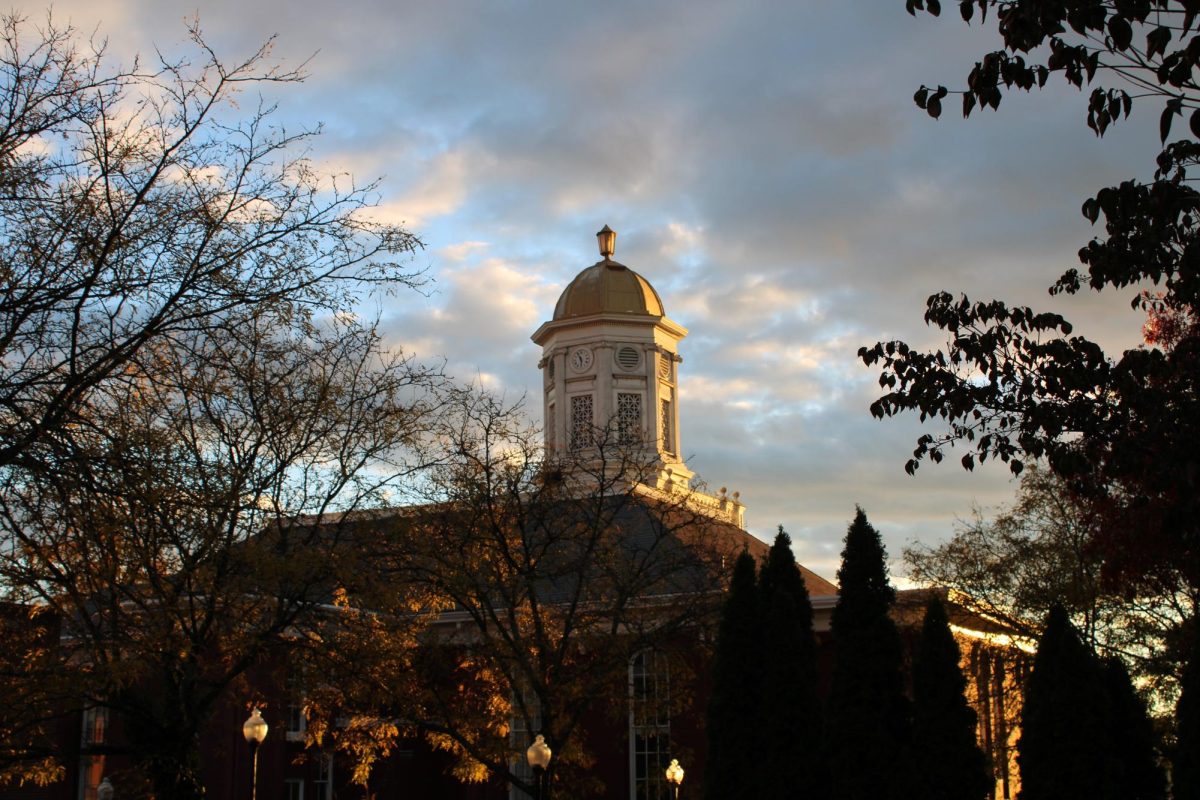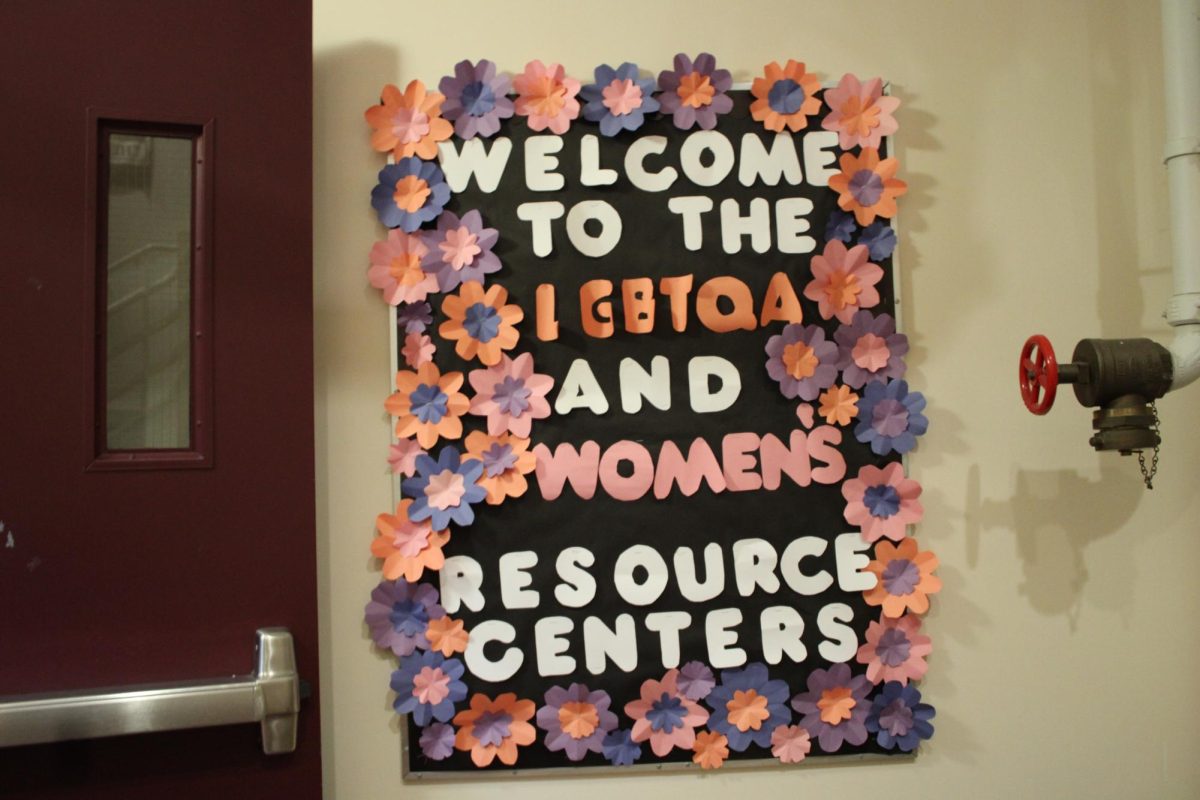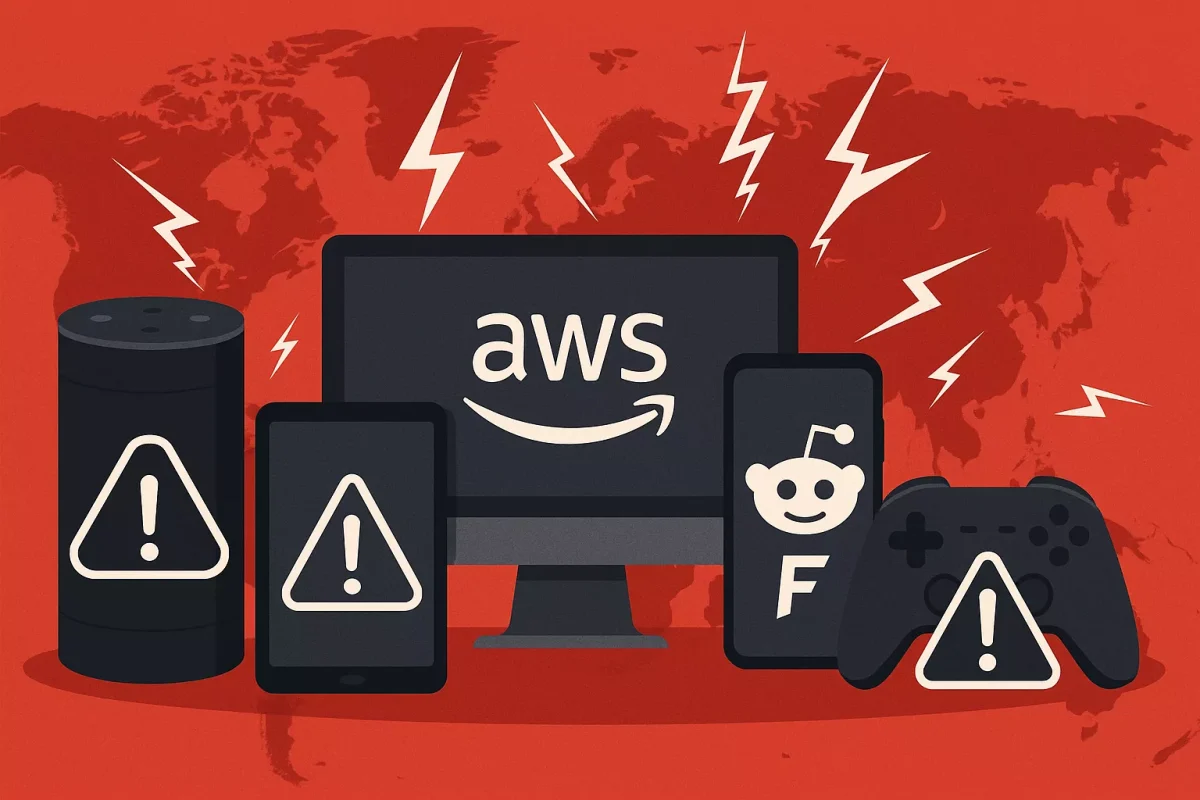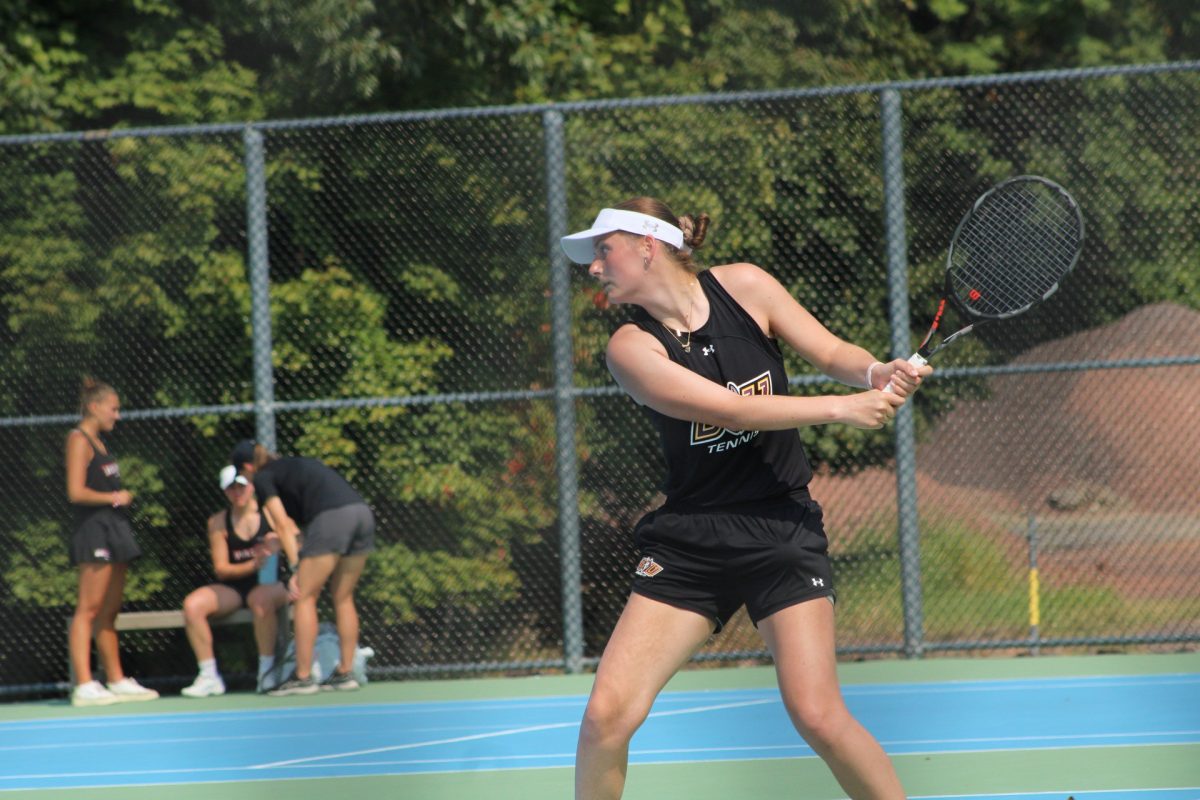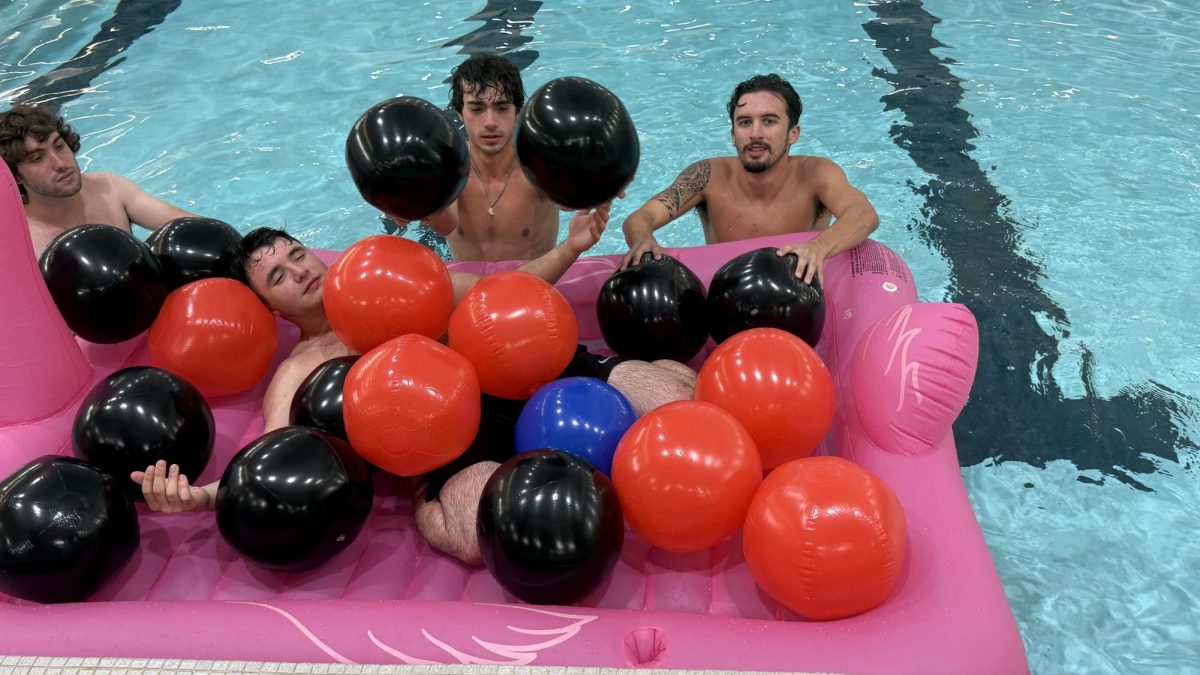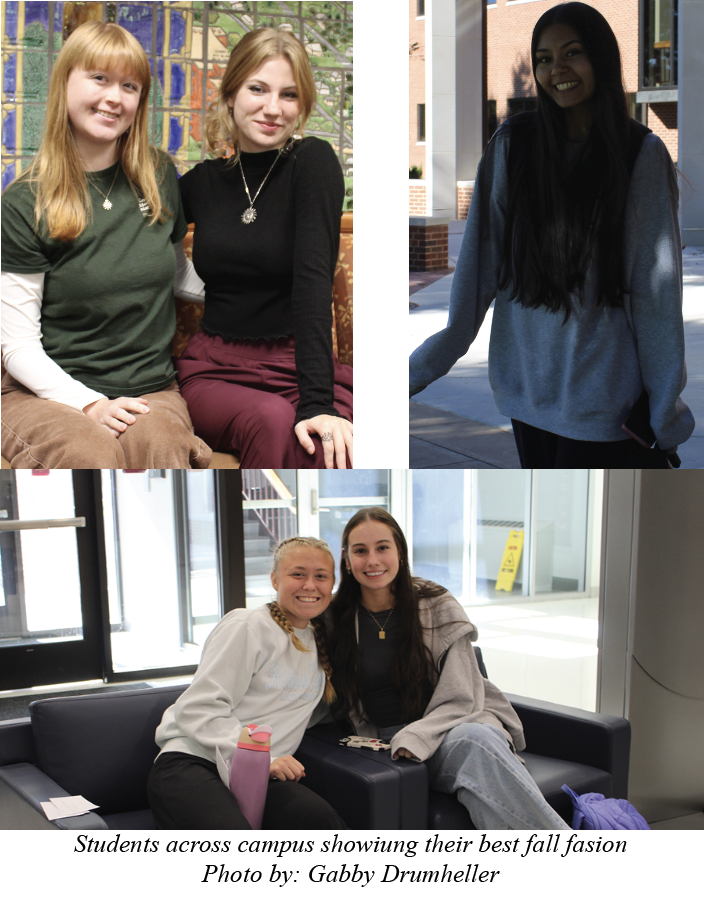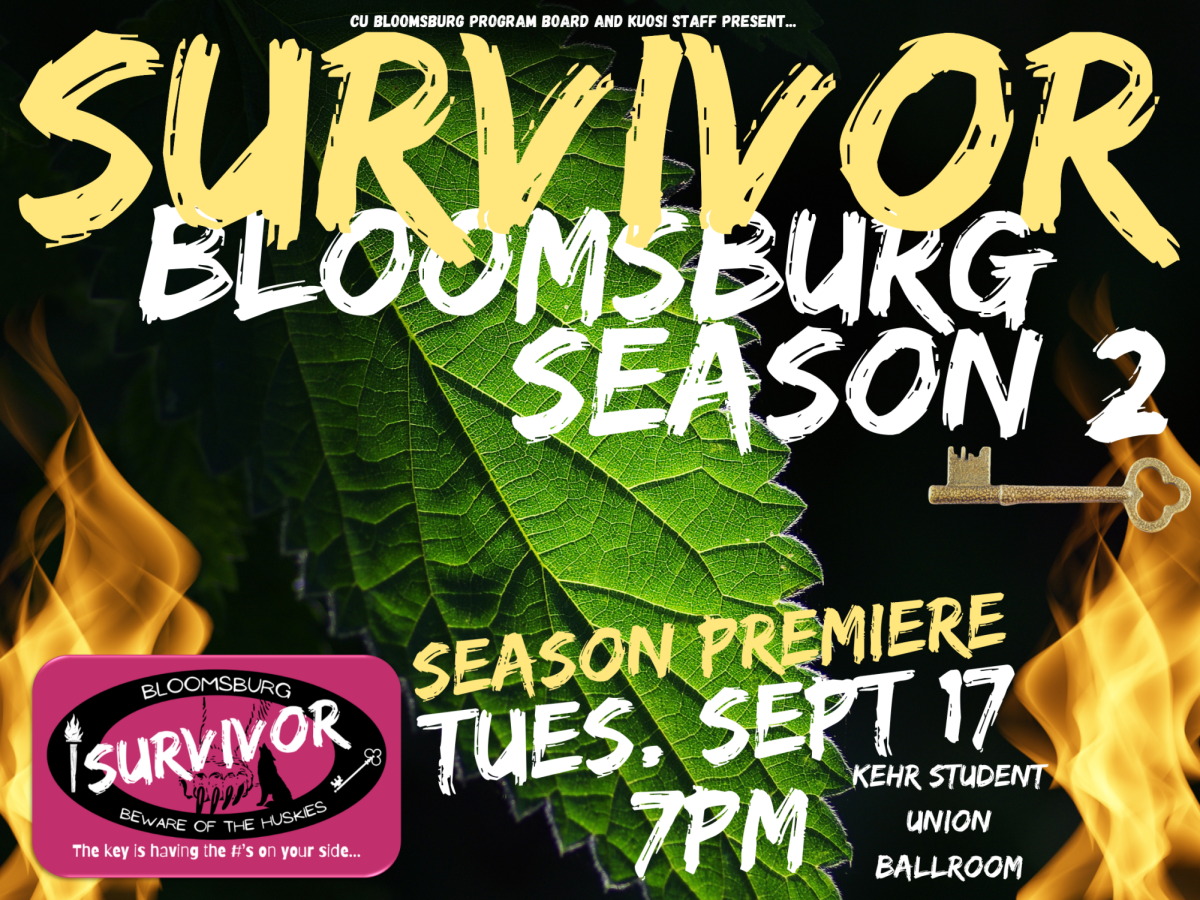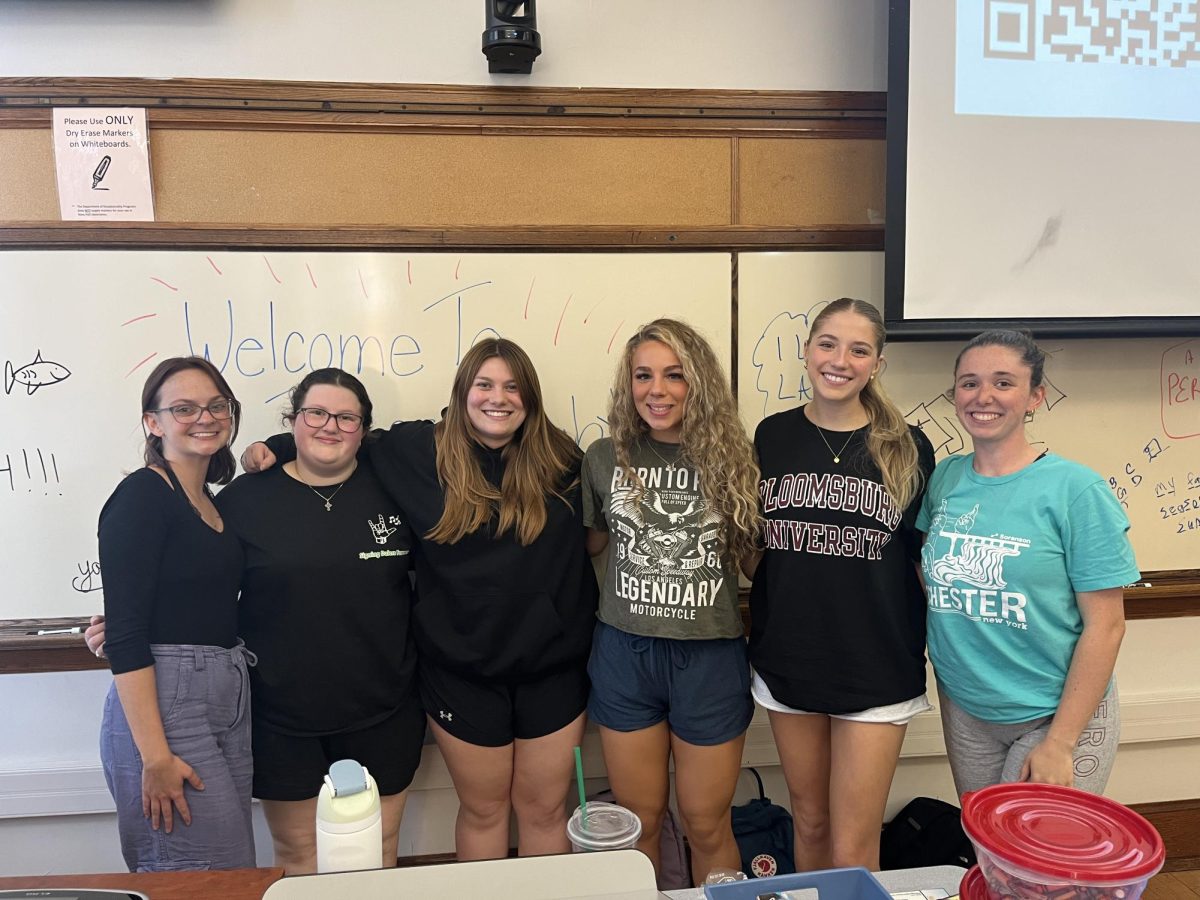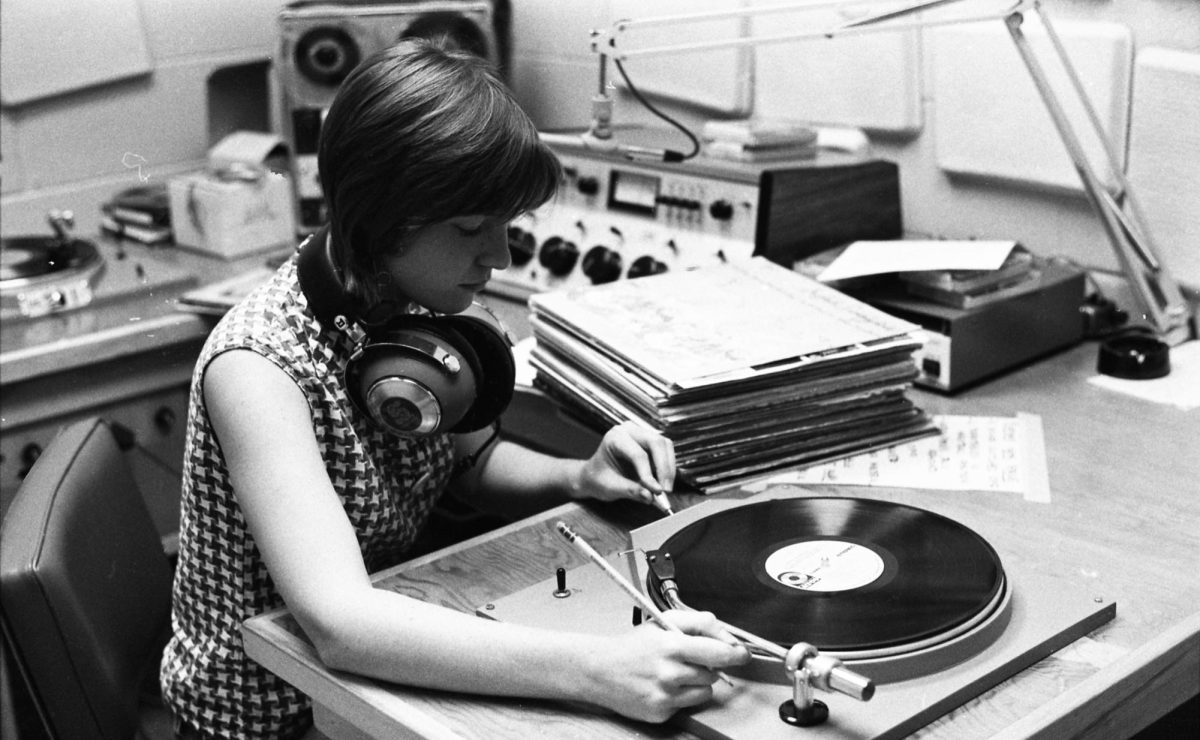When Kelsey Sheffe, a media and journalism major from Bloomsburg Campus, was asked if she is choosing to vote in this election and why, this was her response.
“I can see both sides,” said Sheffe, “When I was freshly 18, voting was not my top priority. Throughout college I started to understand how important it is to vote. Not only that, but I am able to better comprehend the magnitude of the issues at stake. That is ultimately what encouraged me to vote this year.”
According to Pew Research Center, the 2020 presidential election had the highest voter turnout since 1900, with 66% of the population voting. A Professor of Political Science at Bloomsburg Campus, Dr. Peter Doerschler, has hope that the 2024 election will have an even greater turn out.
In an election race looking tight, who wins may hinge upon which candidate can better turn out the vote.
Doerschler was asked if he thought this year would produce a larger turnout, to which he replied, “I think supporters of both candidates understand the gravity of this election and what’s at stake.”
Tim Pelton, Bloomsburg Campus’s Civic Engagement Coordinator, also believes that the 2024 presidential election will have a historic turnout. He says that this election is generating a lot of publicity, and they are encountering a significant number of students who are already registered to vote, compared to previous years.
However, not everyone is as eager to get to the polls.
Even if this election reaches the same numbers of 2020, there is still one-third of the country who are eligible, not participating. This can somewhat be attributed to voter apathy—essentially the lack of interest in participating in the voting process. According to a study done by Susquehanna University, voter apathy accounted for about 15% of nonvoters in the previous election.
Further, why have college-aged voters historically voted less than other age groups? Tufts University found that in the 2020 election, only 46% of eligible 18 and19 year-olds actually voted.
Anne Kastelein, a media and journalism major from Bloomsburg Campus said she did not plan to vote this year.
“I stick heavily clear of politics due to the constant strain between political parties and the argumentative factors of it. It’s overall not a fun topic,” she explained.
This can be backed up by Pelton who also cited the current aggressive and divisive behavior as one major influence on voter apathy.
Another student had a slightly different story.
Graduate student, Meghan Molloy, says the decision to vote this November comes down to protecting what’s most important.
“For me, voting is important for several reasons but my biggest reason for voting is that I want someone in office who protects what is important to me. For me, it is finding someone who supports education of all levels and will fight to ensure that I won’t have less rights than my parents and grandparents.”
Pelton cited similar ideas when discussing how he encourages students who are apathetic to vote.
“We do our best to convince students of its importance and how even one vote can make a change in the outcome of an election as it did a while back for me. I almost missed voting in one election in which a candidate for district magistrate asked me in person for my vote. I did vote for him just before the polls closed and he won by one vote,” Pelton explained. An inspiring story to tell apathetic voters works well, but Pelton also explains to students how elected officials will affect their daily lives with their policies.
On a national scale, Doerschler suggests that institutional reform would help prevent voter apathy.
“Changing our electoral system would guarantee more parties and more members of Congress would give people better representation. Better education. Most Americans know virtually very little about their political system. They need to understand what’s at stake (everything).”
Interested in voting? The presidential election will take place November 5th, 2024. Pennsylvania requires registration to be completed at least 15 days before the election. In the upcoming months, there will be multiple chances to register to vote on campus, with help if needed. Information specific to Columbia County is located at the following link: http://www.columbiapa.org/voter/.

